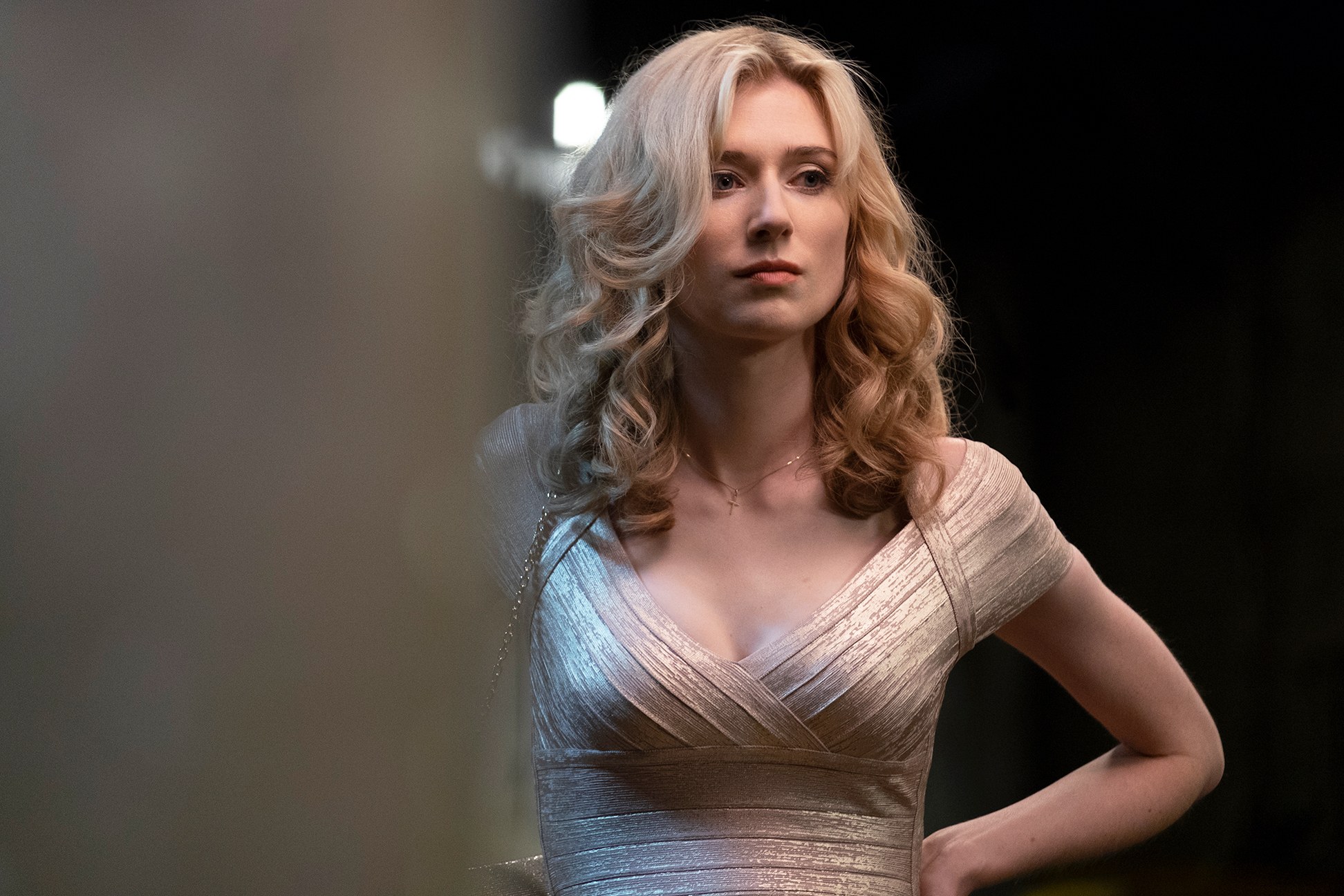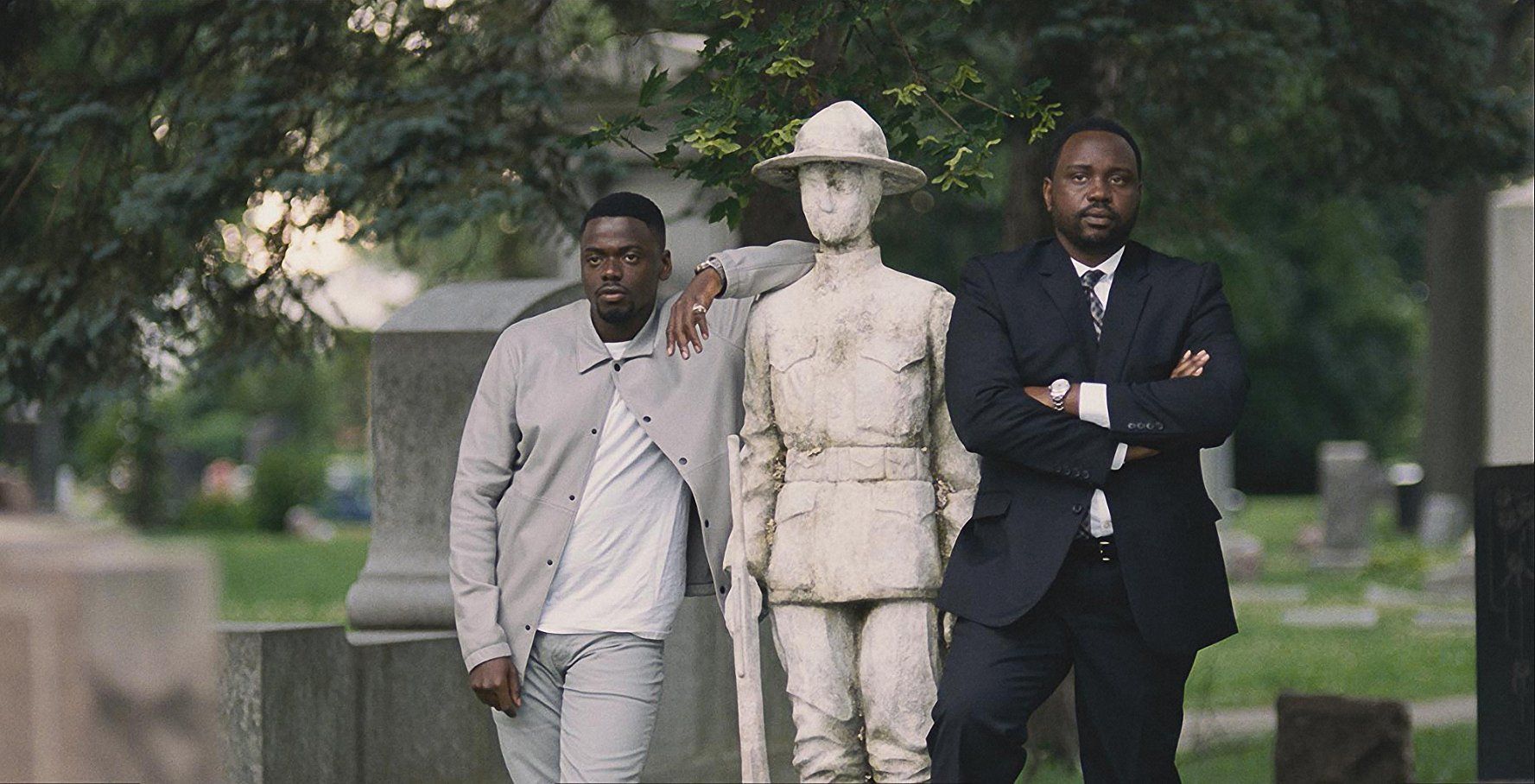Summary:
Four women with nothing in common except a debt left by their dead husbands’ criminal activities take fate into their own hands.
My Thoughts:
It’s Oscar season. Bring on the movies I’ll pay to go see.
Steve McQueen (“12 Years a Slave”) has yet to make a bad movie, and Gillian Flynn, the author behind Gone Girl, knows how to spin a twisted yarn, so this film was a pretty safe bet. Add to the top-notch director and writer a dozen A-list actors and you’ve got yourself a thriller worth remembering. Where this movie really succeeds isn’t just in telling a story however, it’s in providing a commentary about the political and socioeconomic landscape that shapes our world today.
More Than A Pulpy Paperback
If you walked into a theater in the middle of the summer, blindfolded yourself and tossed a board at the marquee, there’s a chance you’d land on a heist film. Heist films are a dime a dozen. Most heist films provide thrills; some action; some cool quippy catchphrases; a last minute double-cross; and then everyone pulls through, gets their payout and goes home happy. The problem with a lot of heist films is that character motivations for wanting the money seldom go beyond greed (our characters might be driven by revenge or something else too, but that’s neither here nor there). Look at one of the more popular heist franchises today- The Fast and Furious movies. What motivations do Paul Walker and Vin Diesel have for robbing wherever they go next? Well, they want money… and that’s about it. The characters are flat and one dimensional, and really the only reason we root for them is because they’re the protagonists and sometimes they jump off buildings in slow motion.
“Widows” is not your typical heist thriller. It does have a few pulpier elements that make the heist genre what it is- explosions, car chases, gun fights, double crosses- all of that sort of stuff is in here, but everything is thought through to a tee. All the characters are developed, all the motivations are well defined, and that makes the stakes a thousand times higher. Viola Davis (“The Help”) isn’t just trying to steal because she needs money- she’ll die if she doesn’t do it. Michelle Rodriguez (“Avatar”) isn’t just looking for money- she’s a mom with kids to take care of and a business to run. Elizabeth Debicki (“Guardians of the Galaxy Vol 2”) isn’t just trying to get money- she’s trying to figure out how to take care of herself for the first time. We also get to see character motivations and quirks for the smaller characters of the film- everyone from Colin Farrell’s (“Fantastic Beasts and Where to Find Them”) assistant to Viola Davis’s driver to Elizabeth Debicki’s mother (played by Jacki Weaver, “The Disaster Artist”). The characters are so realistic and so motivated that I could always understand why someone was doing what they were doing and what the stakes were for them accomplishing or not accomplishing that task. The stakes are so defined that it’s impossible to forget them.
Take character motivations a step further. This film also looks at those who are robbed, being robbed, and the fallout of other previous robberies. In doing so, this film creates a world that feels like it has a past, present, and future. Colin Farrell and Brian Tyree Henry (“If Beale Street Could Talk”) play two diametrically opposed foes going up against each other for a representative position in Chicago. The two characters feel like they have history, and the election they are headed towards has echoes that influence characters that never share screen time with either character. The world that Gillian Flynn and Steve McQueen made is simply alive with characters and character consequences. One character might do something on one side of the city, and that totally alters everything for another character. Consequences feel real and immediate in this world, and that adds so much tension.
Of course, McQueen’s directing is amazing to behold in this film too. There’s one shot in particular that illustrates the disparity of wealth in Chicago perfectly, and it really speaks to what this film is trying to say about those who represent us. The shot starts with Farrell at a speech in a poor neighborhood of town- after he finishes his speech he jumps in a limo and has an argument with his assistant. As he argues, the camera remains outside the car, and in a single shot we watch as Farrell’s driver takes him from the poor area of town to the nicer one. It begs the question: who is Farrell to represent those with whom he has nothing in common? This film challenges you the viewer to look at your own political loyalties. Who are you voting for? The corrupt politician with millions of dollars of dubious origin backing his campaign, or the grass roots campaign that knows the streets they’re representing?
The acting in this film is great too. Viola Davis deserves a best acting nod- Daniel Kayuula was absolutely riveting in this as well; I would love to see him get a nod too. Elizabeth Debicki continues to impress me- I thought she was really good in AMC’s the Night Manager, but she absolutely killed it in this. This is essentially an ensemble piece with Viola Davis being the focal point of everything- she is the pin on which the whole world turns- but without the rest, the world wouldn’t turn at all.
Verdict:
This is a great film. Though, I will admit that I don’t think everyone will find it as compelling as I did (in my theater I had two people walk out). This film is a smart heist movie- it takes time to establish why certain things are important. It’s a slow burn but it’s totally worth it. Don’t go into this movie expecting “Fast and Furious 8”, go into it expecting something as character driven as “Heat”. If you’ve got the patience, this movie will blow you away.
Review Written By:







